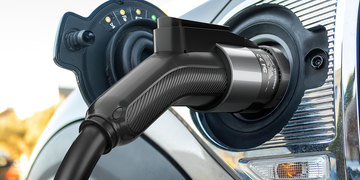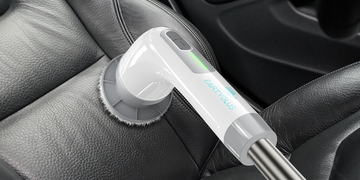Is it expensive to charge an electric car? Using the U.S. household average of about 16 cents per kWh, charging an electric car at home would cost nearly $60 per month. This amount is most likely lower than what you pay each month to buy gasoline.
The surge in popularity of electric cars in recent years has prompted many prospective buyers to question the financial implications of owning and charging an electric vehicle (EV). One common concern revolves around the cost of charging an electric car, with potential buyers wondering whether it is an expensive endeavor. Let's delve into the details to demystify the expenses associated with charging an electric car.
Charging Methods:
Before assessing the costs, it's essential to understand the various methods of charging an electric car. There are three primary charging levels: Level 1 (120 volts), Level 2 (240 volts), and Level 3 (DC fast charging). Each level comes with its own charging speed and associated costs.
Level 1 charging is the slowest but can be done using a standard household outlet. Level 2 charging is more common, often found in public charging stations and home installations, providing faster charging times. Level 3, or fast charging, is the quickest but is typically reserved for public charging stations and may require additional fees.

Electricity Rates:
The cost of charging an electric car largely depends on the electricity rates in your area. Just like charging your smartphone or any other electronic device, the cost is determined by the amount of electricity consumed. Residential electricity rates are typically measured in kilowatt-hours (kWh), and the average rate can vary significantly by location.
To calculate the charging cost, you can multiply the total kWh consumed during charging by the local electricity rate. Keep in mind that some utility companies offer special EV rates or time-of-use plans, allowing users to charge at lower rates during off-peak hours.
Charging at Home vs. Public Charging:
Charging at home is often more cost-effective than relying on public charging stations. Home charging allows you to take advantage of residential electricity rates, and with the convenience of charging overnight, you can benefit from off-peak rates. Public charging stations, on the other hand, may have additional fees or higher rates, impacting the overall cost of charging.
Maintenance Savings:
While assessing the cost of charging an electric car, it's crucial to consider the potential savings in maintenance. Electric vehicles generally have fewer moving parts than traditional internal combustion engine vehicles, resulting in lower maintenance costs over the vehicle's lifespan. Fewer oil changes, reduced brake wear, and simplified drivetrains contribute to long-term savings for electric car owners.
Is it expensive to charge an electric car? In conclusion, the cost of charging an electric car can vary based on factors such as charging method, electricity rates, and charging location. While public charging stations may have additional fees, home charging often proves to be more cost-effective. Moreover, the long-term savings in maintenance expenses contribute to the overall affordability of owning an electric car. As the electric vehicle market continues to evolve, advancements in technology and infrastructure may further enhance the cost-effectiveness of electric car ownership.





